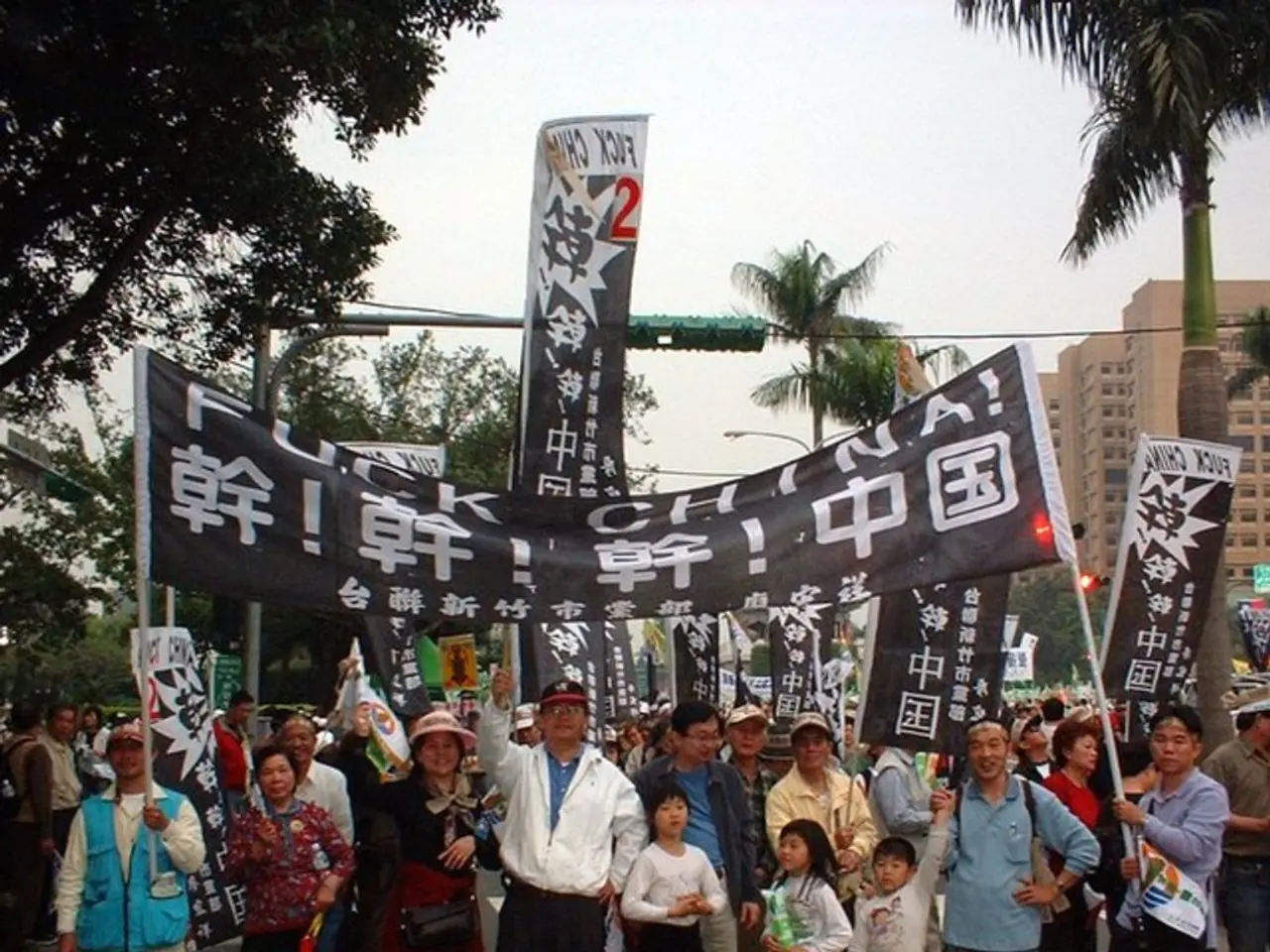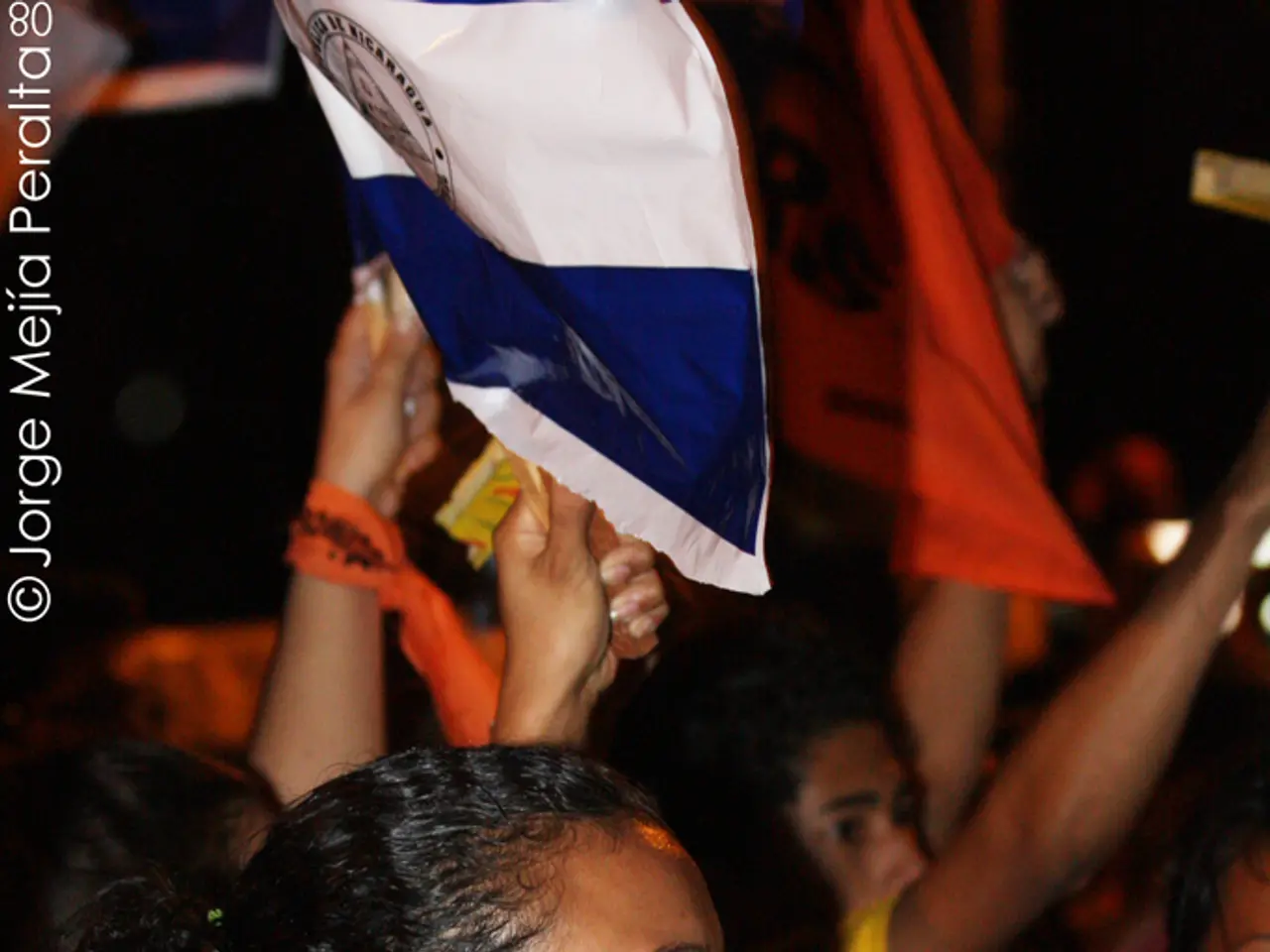Discussion on Hostage Negotiation Strategies through a Podcast on Irregular Warfare
In a recent podcast episode, Ambassador Roger D. Carstens, the special presidential envoy for hostage affairs at the US Department of State, and Dr. Dani Gilbert, an assistant professor of political science at Northwestern University, delved into the complex world of hostage diplomacy. The discussion centred around the incentives for states and non-state actors to engage in hostage-taking, a topic that has garnered increasing attention in recent years.
The podcast episode, titled "Hostage Diplomacy," explored how some states use hostage-taking or the wrongful detention of foreign nationals as a political tool. Ambassador Carstens and Dr. Gilbert highlighted four main incentives for states to engage in such practices: political leverage, deterrence or coercion, domestic propaganda, and economic gains.
Political leverage involves using hostages to extract concessions such as sanctions relief, political recognition, or policy changes. Deterrence or coercion is employed to signal strength or intimidate opponents on the international stage. Domestic propaganda can be used to rally nationalist sentiments or distract from internal issues. Economic gains can be secured through ransom payments or favourable economic terms.
However, the use of hostage diplomacy undermines international norms and damages diplomatic trust, as Ambassador Carstens pointed out. Dr. Gilbert's research underscores that hostage diplomacy is often incentivized in authoritarian regimes where the state faces international pressure but lacks transparent legal systems, enabling wrongful detentions with impunity.
The podcast also touched upon the means with which the United States and other nations secure the safety of their citizens against hostage-taking. However, it did not provide specific details on the 1979 hostage crisis in Tehran or the 444 days the Americans spent in captivity.
The podcast is available to listen to below, as well as on various platforms such as Apple Podcasts, Stitcher, TuneIn, Spotify, and other favourite podcast apps. To stay updated with the podcast, it is recommended to subscribe to it.
In conclusion, the podcast episode provided valuable insights into the world of hostage diplomacy, a topic that requires a nuanced understanding of geopolitical strategies. For those seeking more detailed insights, it is recommended to source the official publications or transcripts of Ambassador Carstens and Dr. Gilbert's talks and writings on this subject.
The podcast episode, titled "Hostage Diplomacy," delves into how war-and-conflicts, politics, general-news, and crime-and-justice intersect in foreign nations' warfare strategies, focusing on the use of hostage-taking as political tool. Ambassador Carstens and Dr. Gilbert illustrate how states can gain political leverage, deter oppressors, propagandize domestically, and secure economic benefits through such practice. Yet, the discussion emphasizes that hostage diplomacy violates international norms, damages diplomatic trust, and is often prevalent in authoritarian regimes, particularly those under international pressure with opaque legal systems.






